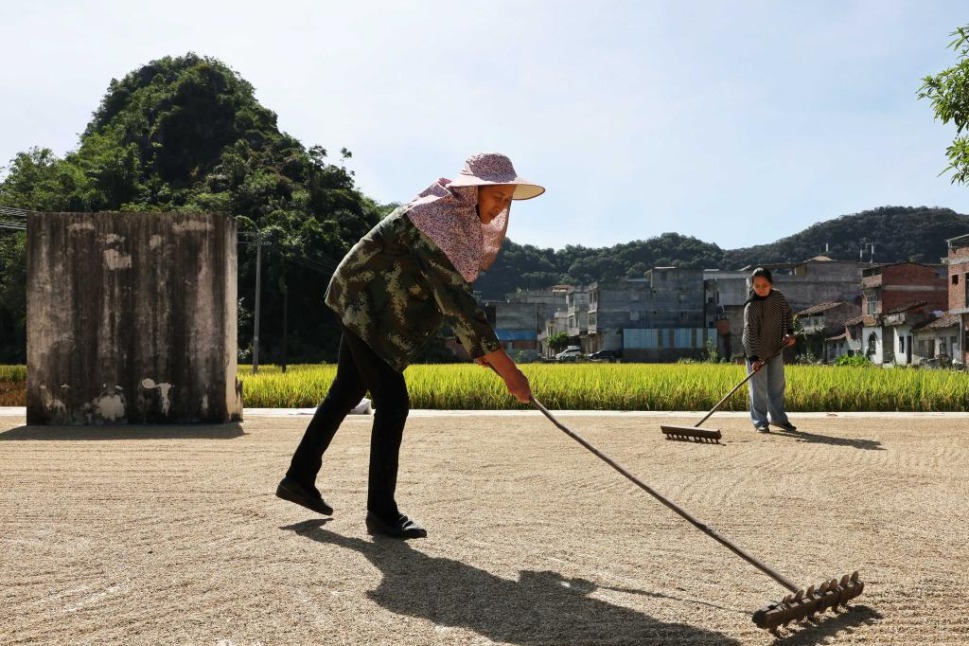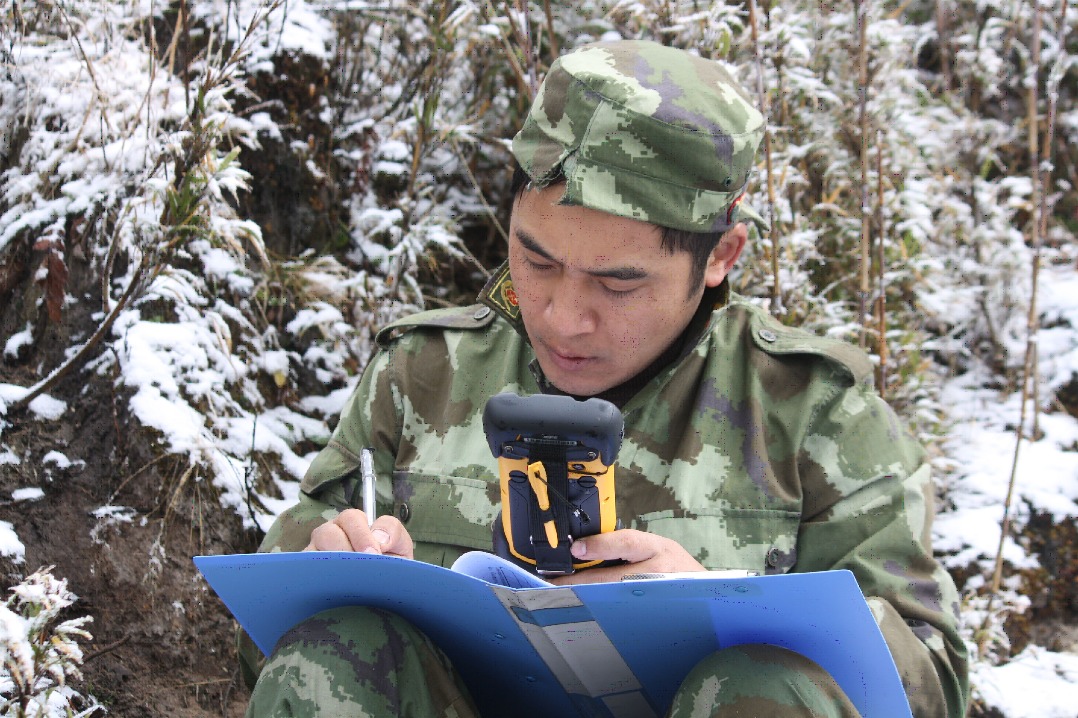Political advisers discuss regulations for online education


Political advisers have proposed stricter regulations for the extracurricular online education industry in China during the ongoing annual session of the Chinese People's Political Consultative Conference National Committee.
These regulations are aimed at enhancing teaching quality and avoid hidden risks faced by customers.
There was a significant rise in e-learning in 2020 because of the COVID-19 pandemic. The market size of the domestic online education industry grew by 35.5 percent year-on-year to 257.3 billion yuan ($39.55 billion) last year, according to a report released by Shanghai-based consultation service provider iResearch in January.
"However, the rapid surge in such short time has created several hidden risks," said Ma Jin, a member of the National Committee of the CPPCC and deputy chairman of the Shanghai municipal committee of China Zhi Gong Party.
"To seize the opportunity in the emerging market, a few huge companies have abused their dominant position in the sector, whereas small and medium-sized firms are lacking time and finances to grow," he said.
In addition, many online education platforms require advance payment, which leads to risks of advance fee scams and customers encountering difficulties in getting refunds, he said.
"Also, enterprises need to update technology in a timely manner to optimize their services and secure customer data," Ma said.
In terms of teaching, he pointed out that intellectual property risks could arise in tandem with the use of copyrighted works on education platforms.
To tackle these problems, Ma said the government should formulate regulations for extracurricular online education, including standards for the establishment of education institutions, teaching environment and content.
"Online education platforms should display their teachers' qualifications to the public," he said.
With regard to financial risks, Ma suggested that around 30 percent of the company's reserve fund should be supervised by the government. Once financial risks emerge, the use of these funds should be restricted.
Furthermore, online education platform institutions should not charge more than three months worth of tuition fees at a time, and the fee should be used for only teaching related activities, instead of investment. A third-party payment platform could be used to supervise customer advance payments.
This sentiment was echoed by another political adviser Sima Hong, who is also the chairman of the Beijing Municipal Committee of the Democratic National Construction Association.
Sima advised education authorities to cooperate with banks to establish a supervision system for online education platforms to address the issue of potential misappropriation of advance payments.
"Any legal person and major shareholders of institutions which illegally charge tuition fees before they disappear should be seriously punished," she added.
Li Xin, chairman of the Guangdong Provincial Committee, associated the negative impact of substandard online education with children's eye health.
Data from the National Health Commission shows that 53.6 percent of children in China suffered from myopia in 2018.
"Services from some substandard online education platforms have increased students' burden of schoolwork these years," she said.
In her proposal, Li suggested online education institutions be prohibited from cooperation with schools or classes.
"Schools and teachers should not recommend extracurricular online education platforms and products to parents and students or force students to take e-learning lessons," she said.
"The length for a web-based course in senior high school should not exceed 30 minutes, while for junior high school students, it should be within 25 minutes, and within for 20 minutes primary school students, to ensure children's eye health," Li said.
"Efforts should also be made by local authorities to limit the students' e-learning time on extracurricular education platforms," she added.




































